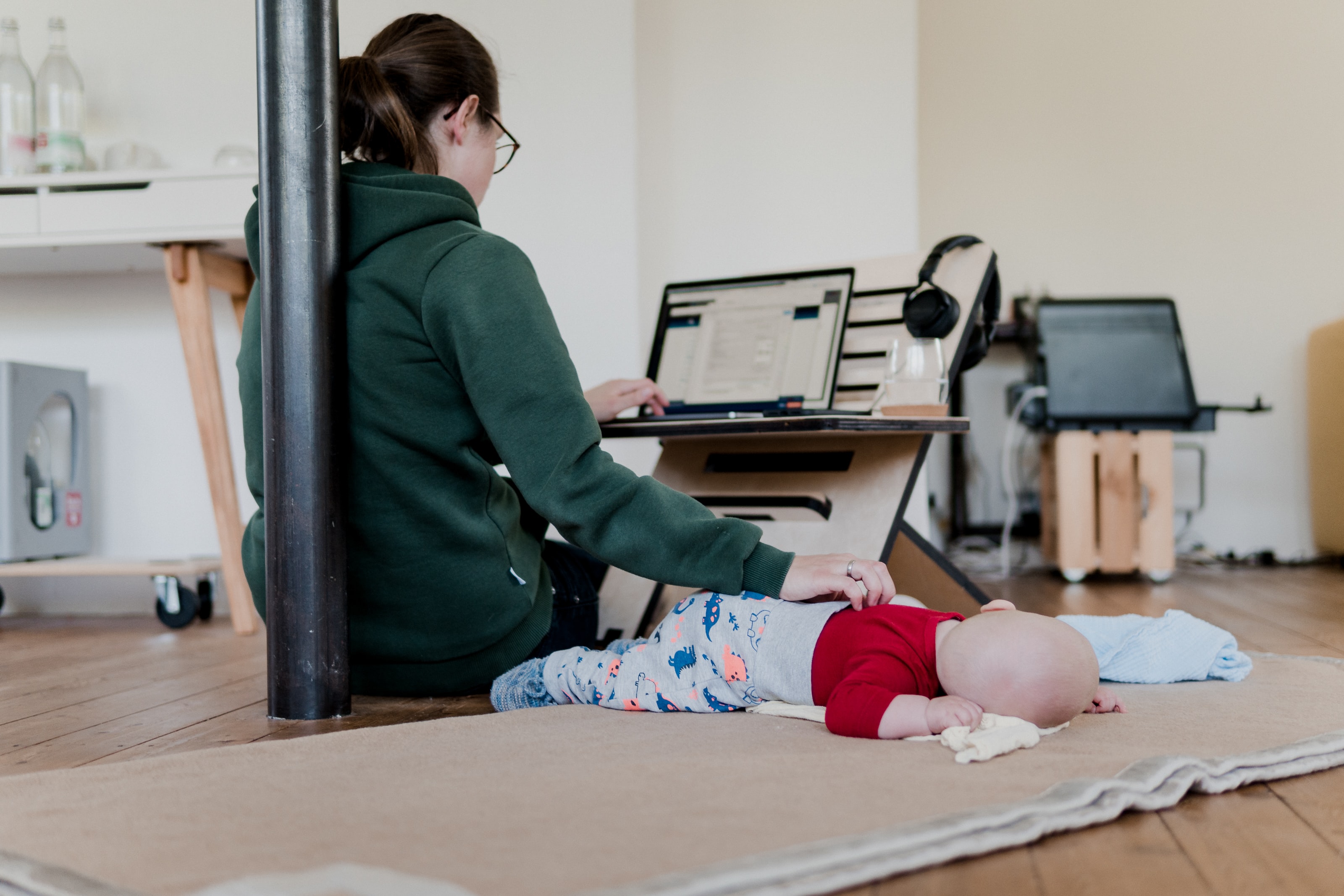Covid-19: Gender inequality

According to statistics, whilst men are more likely to be victims of Covid-19, women are facing many other aspects of the pandemic. Females have consistently been the victims of domestic violence during this period, in addition to being the primary carers to children, and bearing the brunt of domestic work. A lot of women have had to reduce their working hours, leave work, and, particularly women of color, have been made redundant or furloughed, slowing down their career progress.
IZA World of Labor authors Piotr Lewandowski and Zuzanna Kowalik have explored what the evidence says about how Covid-19 has impacted genders: they have discovered that the virus affects men and women differently. For example: “Women are less likely than men to become severely ill or die, but they are just as likely to get infected. Moreover, women more often perceive the virus as prevalent and lethal, are more worried about contracting and spreading it, and are more likely to comply with containment policies. [In addition], women are more exposed to contagion at work as they are more often engaged in workplace interactions than men and more often work in the so-called essential jobs, such as those in health care and retail, which continue to be performed even during lockdowns.”
Females of all ages were already vulnerable to varying forms of violence prior to the pandemic. The United Nations Drugs and Crime Executive Director, Ghada Waly, said that: “In every part of the world, we are seeing that COVID has worsened the plight of at-risk women and girls, while also hindering criminal justice responses and reducing support to victims.” According to UNODC, most women, victims to homicide, are killed by their partners or family members. In addition, females (both women and girls), contribute to 60% of all victims of human trafficking.
According to the UN, lockdowns, stay-at-home orders, and other measures implemented during the pandemic, have led to what is called a “shadow pandemic”—a rising gender-based violence. UN Women also claims that women’s economic inequality has led to an increase in female’s vulnerability to trafficking and sexual violence. “It is now difficult for many women to access psychological support, healthcare and safe shelter. They live in a constant state of vulnerability. For communities affected by conflict and displacement, these effects are often compounded,” Phumzile Mlambo-Ngcuka, the UN Women Executive Director, has said.
Find more IZA World of Labor coronavirus content on our curated topics pages: National responses to Covid-19 and Covid-19—Pandemics and the labor market.